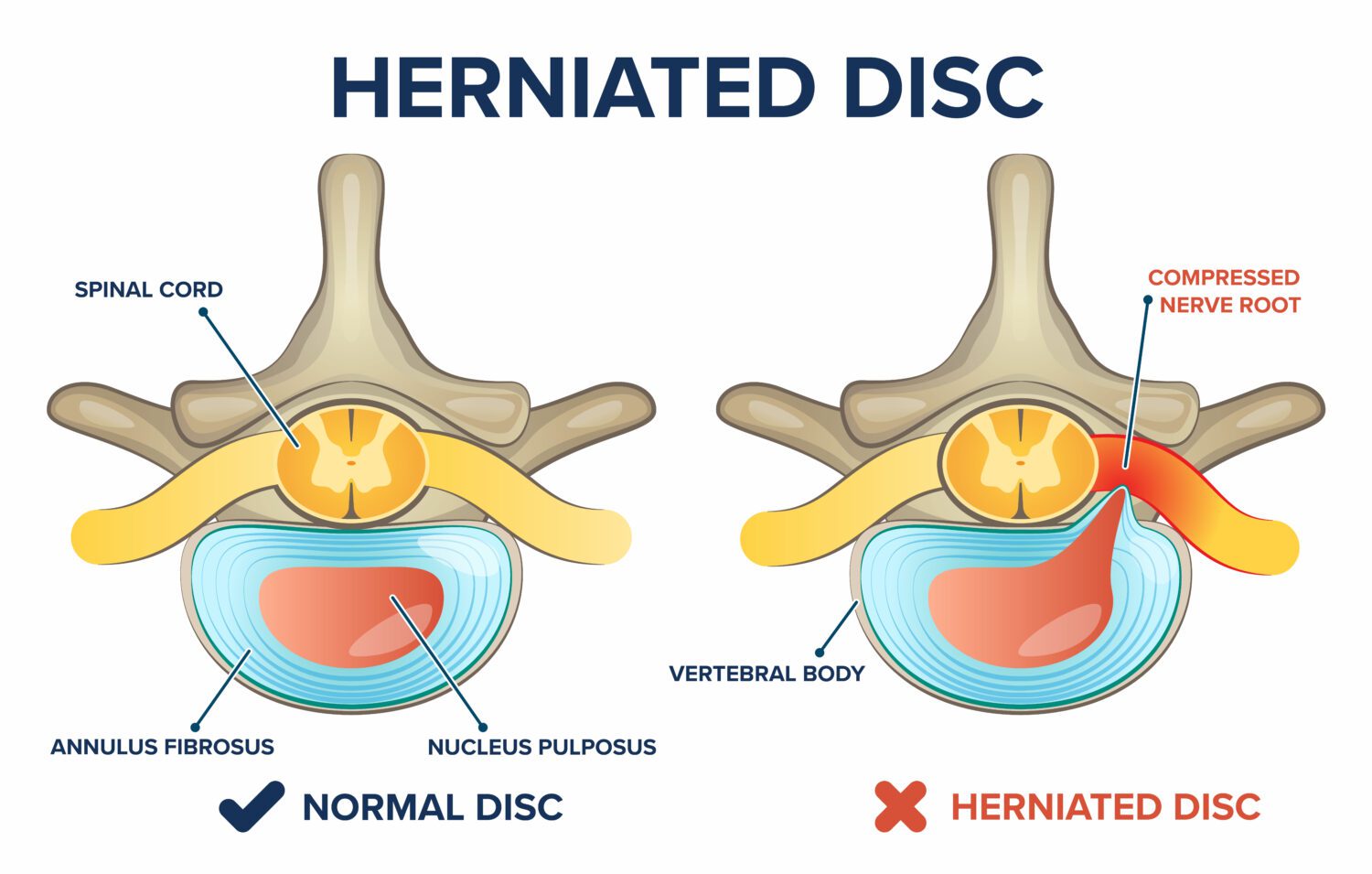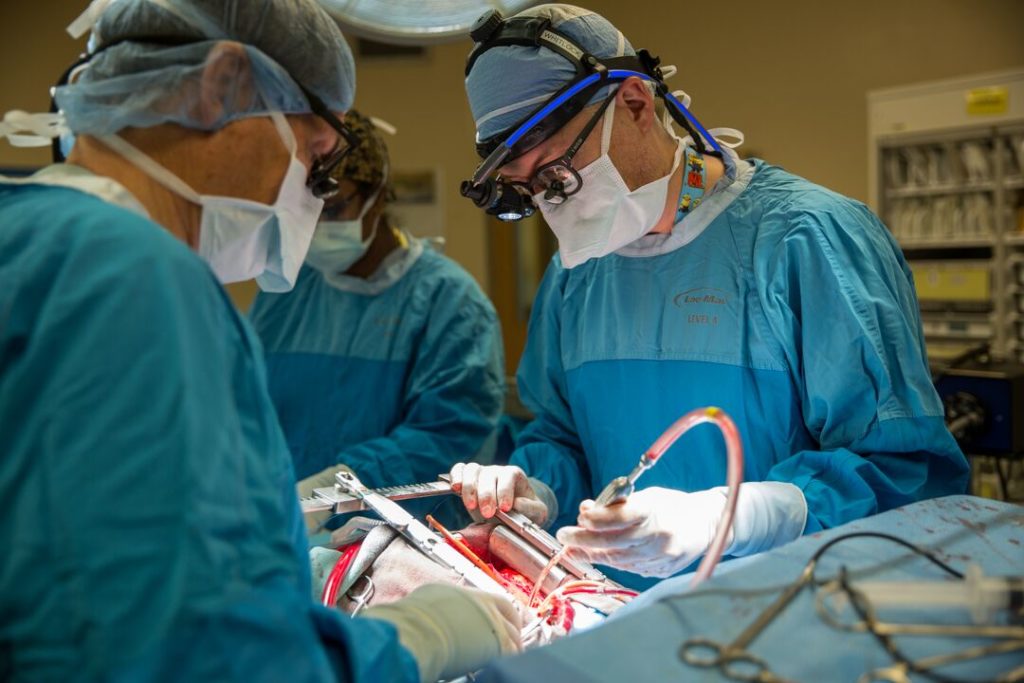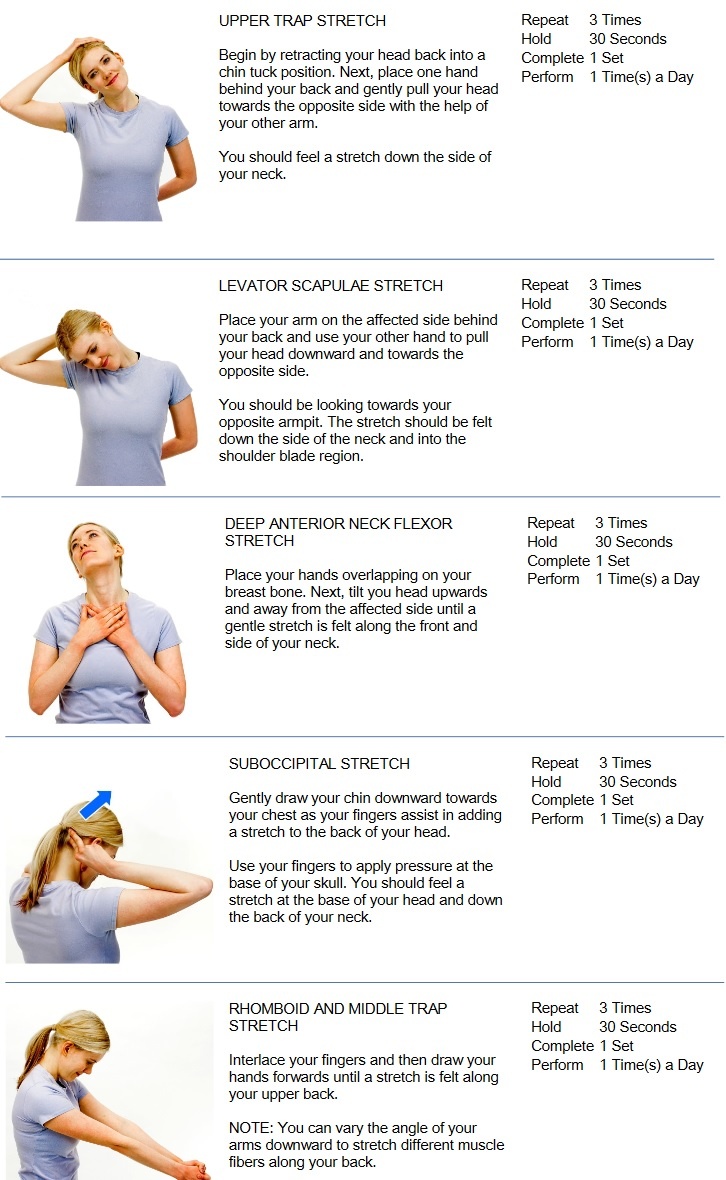Life after open-heart surgery involves a period of physical and emotional recovery, followed by adjustments to daily routines and long-term lifestyle changes. This transformative experience can vary from person to person, depending on factors such as overall health, age, and the specific procedure undergone.
In the immediate post-surgery phase, patients typically spend a few days in the hospital, closely monitored by medical professionals. This period is crucial for the initial recovery and healing of the incision site, as well as the gradual regaining of strength and mobility. Patients may experience pain and discomfort during this time, but medications are prescribed to manage these symptoms.
Once discharged, a period of rest and gradual increase in physical activity is recommended. It is important for patients to closely follow their doctor’s instructions regarding exercises, medications, and any lifestyle changes that need to be implemented. Regular check-ups with healthcare providers are also a crucial part of post-operative care.
Emotionally, open-heart surgery can be a significant event that may lead to feelings of vulnerability and anxiety. It is not uncommon for patients to experience a range of emotions during their recovery. Support from family and friends can greatly help in coping with these emotions. Some individuals may benefit from joining support groups or seeking professional counseling.
Long-term, following open-heart surgery, patients are often advised to make certain lifestyle changes to improve their overall health and reduce the risk of future heart problems. These changes may include adopting a heart-healthy diet, regular exercise, weight management, and smoking cessation. Medications to manage blood pressure, cholesterol, and other heart-related conditions may also be prescribed.
While life after open-heart surgery can involve adjustments and challenges, many individuals go on to enjoy fulfilling and active lives. With proper care, ongoing support, and adherence to the recommended lifestyle changes, the prognosis for patients who have undergone this surgery is generally positive. Regular follow-ups and adherence to prescribed medications and lifestyle modifications are essential for ensuring the best possible outcomes.
How long can a person live after open heart surgery?
How long does the average person live after heart bypass surgery? After a heart bypass, most people perform quite well and live for at least 15 years before needing another surgery, which is usually a stent insertion.

What can you never eat again after heart bypass?
– meat pies.
– sausages and fatty cuts of meat.
– butter, lard and ghee (a type of butter often used in Indian cooking)
– cream.
– cakes and biscuits.

What is the life expectancy after open-heart surgery?
The cumulative survival rates at 10, 20, 30 and 40 years were 77%, 39%, 14% and 4% after CABG, respectively, and at 10, 20, 30 and 35 years after PCI were 78%, 47%, 21% and 12%, respectively. The estimated life expectancy after CABG was 18 and 17 years after the PCI procedures.Jun 1, 2019
What are the long term side effects of open heart surgery?
– Bleeding.
– Death.
– Heart attack due to a blood clot after surgery.
– Infection at the site of the chest wound.
– Long-term need for a breathing machine.
– Irregular heart rhythms, called arrhythmias.
– Kidney problems.
– Memory loss or trouble thinking clearly, which often is temporary.
How long does it take to heal from herniated disc surgery?
You can generally expect your recovery to take six to twelve weeks depending on the type of surgery you had. Although you may return to work after only a couple of weeks, you need to modify certain activities or avoid strenuous ones, including many forms of exercise, for additional weeks.Dec 6, 2022

How soon can you walk after herniated disc surgery?
It’s usually possible to take short walks the first full day after disc removal surgery. This can involve walking with some assistance from a medical professional or with the use of a cane or walker. Initially, walking is limited to brief periods until you regain your stability and strength.

Is herniated disc surgery worth it?
Surgery may relieve your pain faster than non-surgical treatments. But over the long term, surgery and non-surgical treatments work about the same to reduce pain and other symptoms. With surgery, most people can go back to work or their other activities sooner.
What not to do after herniated disc surgery?
Avoid strenuous activities, such as bicycle riding, jogging, weight lifting, or aerobic exercise, until your doctor says it is okay. Ask your doctor when you can drive again. Avoid riding in a car for more than 30 minutes at a time for 2 to 4 weeks after surgery.
Is it worth getting surgery for herniated disc?
Surgery may relieve your pain faster than non-surgical treatments. But over the long term, surgery and non-surgical treatments work about the same to reduce pain and other symptoms. With surgery, most people can go back to work or their other activities sooner.


